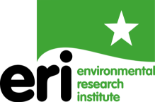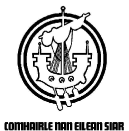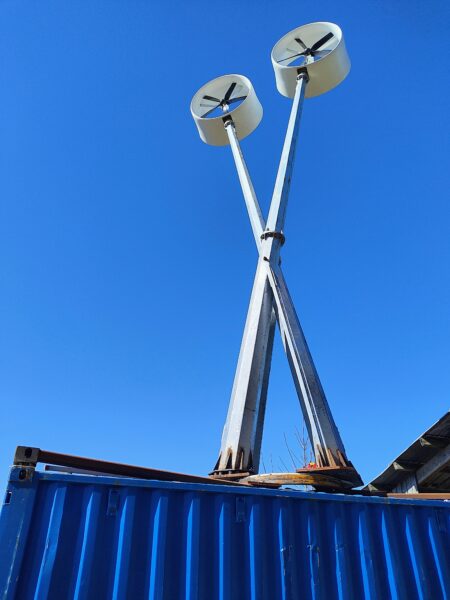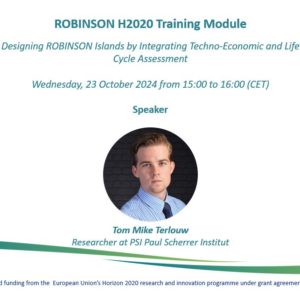ROBINSON
ROBINSON aims to develop an integrated energy system to help decarbonise (industrialised) islands.
To this end, the project will develop and deploy an integrated, smart and cost-efficient energy system that couples thermal, electrical and gas networks, which will optimise the utilisation of local renewable energy sources.
Through the development of a smart, modular and optimised Energy Management System (EMS), ROBINSON will integrate existing and newly developed technologies, such as a small gas turbine based combined heat and power, an anaerobic digester assisted by bioelectrochemical systems to enable the conversion of liquid waste into biomethane, a mobile innovative wind turbine, a gasifier to convert bio-waste, as well as hydrogen-related technologies (electrolyser and storage system). This integrated system will ensure a reliable, cost-efficient and resilient energy supply contributing to the decarbonisation of the European islands by helping to decrease CO2 emissions.
The island
Islands have the potential to become front-runners in the decarbonisation of energy system and in advancing the energy transition in Europe and worldwide. However, the concept of one-fits-all cannot be applied to islands: RES penetration, weather and geographical conditions, population, tourism, distance from mainland and presence of industries make the energy needs of each islands unique.
Islands need clean, cost-efficient and reliable solutions tailored to fit their geographical situation, the fluctuating population and the local economy. This need can be addressed through flexible solutions integrating different energy vectors, as well as energy technologies and storage solutions.
The ROBINSON system will be demonstrated on the island of Eigerøy (Norway) and lab-scale level replication studies will be conducted for the island of Crete (Greece) and the Western Isles (United Kingdom).
News & Events
 This project has received funding from the European Union’s Horizon 2020 research and innovation programme under grant agreement N° 957752.
This project has received funding from the European Union’s Horizon 2020 research and innovation programme under grant agreement N° 957752. 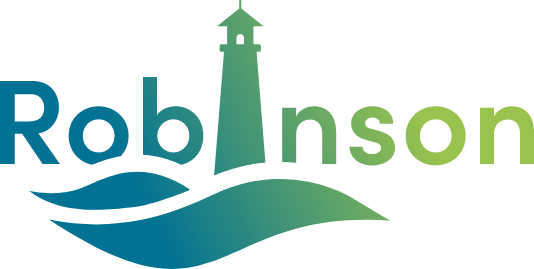






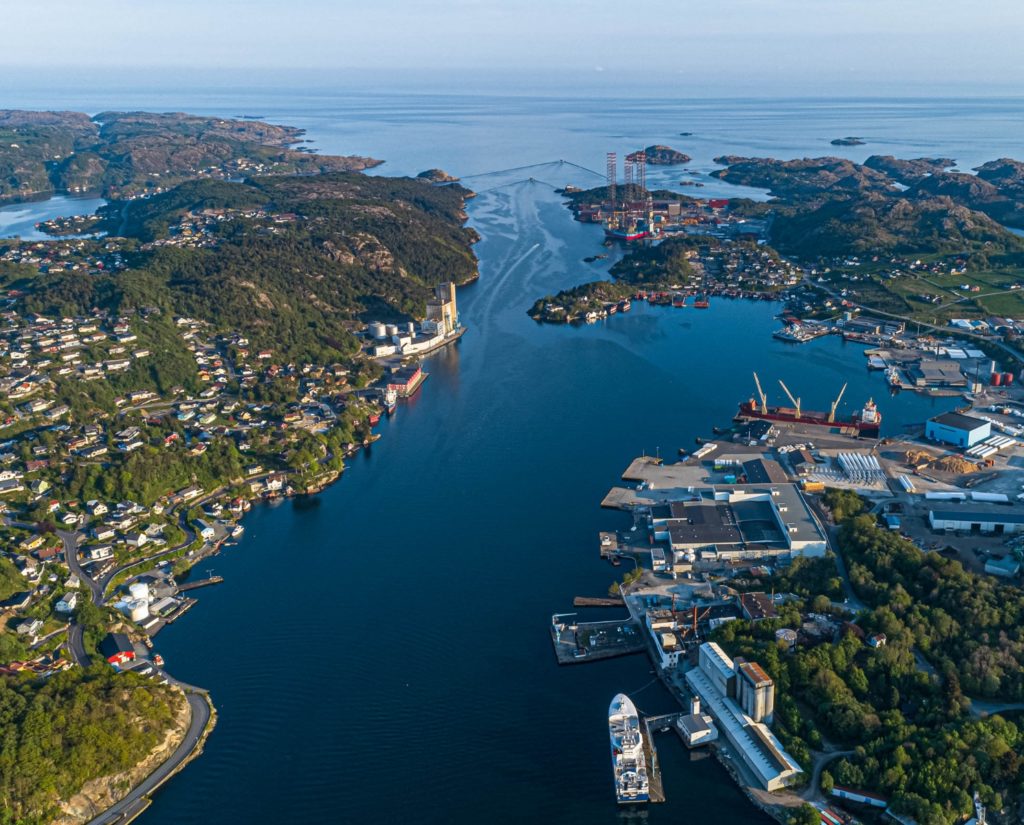
 Eigerøy
Eigerøy 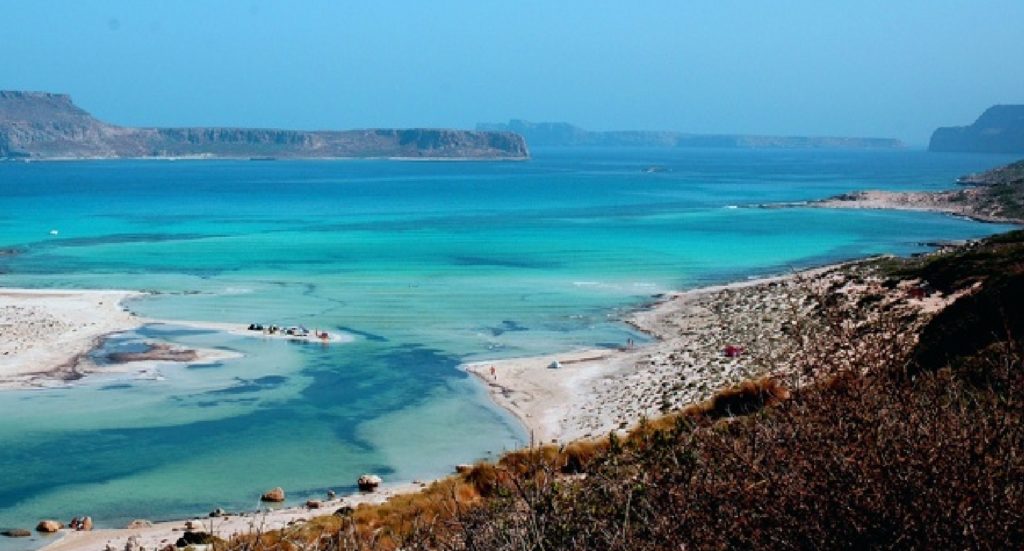
 Crete
Crete 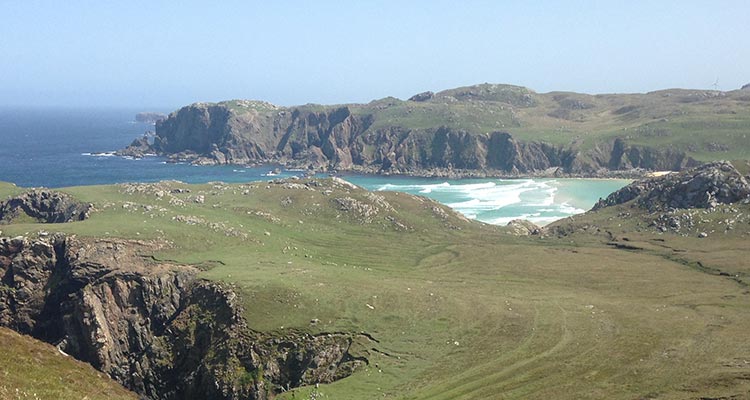
 Western Isles
Western Isles 








